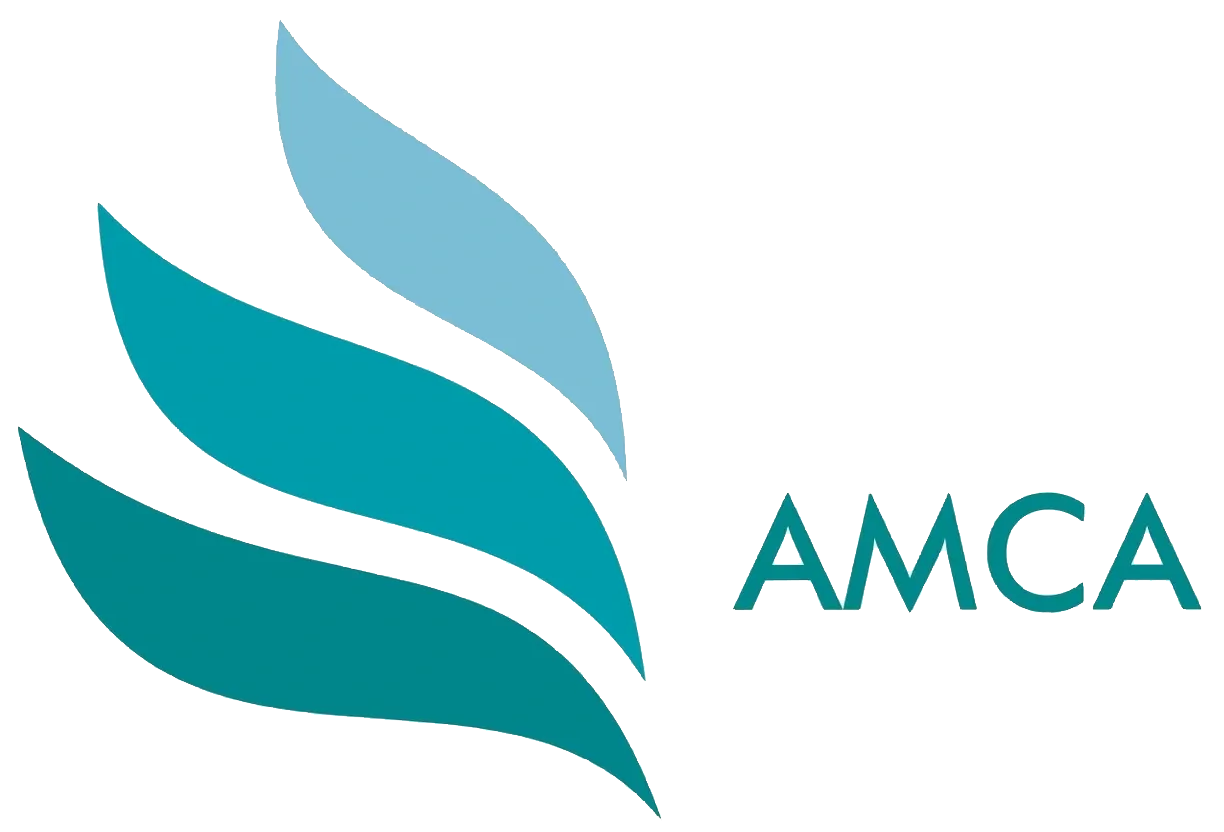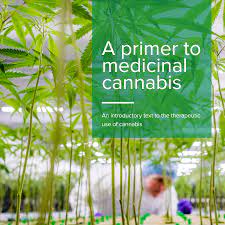Resources
CLINICAL PUBLICATIONS
Anxiety
Narayan 2022 Review MC Anxiety
Attitudes
Bawa 2022 Pharmacists Attitudes MC in Aust
Chiu 2022 Aus Cannabis Attitides
Barriers to Use
Erku 2022 Barriers in Australia to MC Use
Cancer Symptoms
Bao 2022 MC Substitutes for Opioids in Cancer
Hardy 2022 CBD for Symptoms in Cancer
Cost Effectiveness
Erku_2021_Cost Effectiveness MMJ Chronic Conditions
Clinical trials
Modaresi 2022 Clinical Trials for MC
Depression
Prescribing and Dosing
Bhjaskar 2021 Consensus Cannabis Dosage
Driving and Impairment
Costales 2023 DUIC Advice Based on Arkell
Blood and oral fluid THC_Impairment_Lambert Initiative_2021
Wickens 2022 DUIC for Rec v Medical
Edibles
Fibromyalgia
Hershkovich 2022 MC for FMyalgia
Headache
Melinyshyn 2022 MC for Headache
Nicholas 2023 MC for Headaches
Hyperemesis
Russo 2021 Cannabis HyperemesisSyndrome
Hypertension
Shah 2023 Hypertension Cannabis
Inflammatory Bowel
Dalavaye 2023 MC for Inflamatory Bowel
Interactions
Graham 2022 Review CBD Interactions
Lungs
Opioids
Bao 2022 MC Substituties for Opioids in Cancer
DeAquino 2022 Review of MC for Withdrawal Opioids
Kudrich 2022 CBD for Withdrawal Opioids
Takakuwa 2021 Reduction in opioids for pain
Overdose
Cano 2022 Review US Overdose Mortality
Pain
bmj_chronic pain guidelines_2021Greis 2021 MMJ for Pain
Takakuwa 2021 Reduction in opioids for pain
Parkinson’s Disease
MedicalMarijuanaand Parkinsons_03.04.22_MJF Foundation
Pregnancy
Real World Evidence
Sakal 2021 Evidence Base T21 MMJ-0001
Schlag 2022 MC Real World Evidence
Safety
MacCallum 2021 MMJ Indications Review
MacCallum 2021 MMJ Cannabis Safety Considerations
Vickery 2022 Australia MC Safety & Benefits
Sleep
TervoClemmens 2023 Cannabis & Sleep
Tervo-Clemmens MC for Sleep Quality
Surgery
surgery guidance cannabis screening
Tobacco
Tourett’s Symdrome
USEFUL DOCUMENTS
NEW!
Click the title above to download a free copy.
The need for guidance.
The rapid expansion of medicinal cannabis treatment in Australia has resulted in (an estimated) >500,000 Australians having been prescribed a THC-based medicine [1,2], predominately for indications such as chronic pain, mental health and sleep disorders. International and Australian studies indicate that a considerable proportion (between 10-20% [3] of these patients meet criteria of cannabis dependence – as many as 50-100,000 Australians prescribed THC-based medicines.
To minimise risks and optimise patient safety, clinicians should consider specific evidence-informed approaches when providing THC-based medicinal cannabis treatment to patients with cannabis dependence. There has been little to no guidance provided to date for clinicians, consumers or regulators on what is good clinical practice in this clinical context. In part this is because of the unique framework in Australia for prescription of medicinal cannabis – whereby medical/nurse practitioners prescribe specific preparations, concentrations and quantities with dosing instructions (like other medicines) and these are dispensed at a pharmacy. This contrasts with most international settings in which medical cannabis is available – whereby medical practitioners generally authorise a patient’s access to medical cannabis – but allow patients to choose their own products and quantities at cannabis dispensaries [4].
The approaches described in this document are similar to those recommended for responsible prescribing of other medications that have the potential for ‘iatrogenic dependence’ or misuse – such as opioids and benzodiazepines [5,6]. It is timely that guidelines are developed to address this gap in the medicinal cannabis literature.
This interim guidance document has been developed by the Australian Medicinal Cannabis Association, with input from experienced medical practitioners, nurses, pharmacists and researchers who are AMCA members. Further consultation with a broader range of consumers, clinicians and academics will be sought in coming months, with a view to updating the document.
Suggested Citation: Lintzeris N, AMCA Working Group. (2024). Interim Guidance regarding THC-based Medicinal Cannabis Treatment for Patients with Cannabis and/or other Substance Use Disorders. Australian Medicinal Cannabis Association.
[1] Based on estimates derived from AIHW National Household Survey 2022-23. Accessed June 2024 at https://www.aihw.gov.au/getmedia/b8b298cc-6d3f-4ab0-a238-9bd63f300c09/national-drug-strategy-household-survey-2022-2023.pdf?v=20240229072409&inline=true
[2] TGA Medicinal Cannabis SAP-B data portal accessible at https://www.tga.gov.au/medicinal-cannabis-special-access-scheme-category-b-data
[3] Dawson D, et al. The prevalence of cannabis use disorders in people who use medicinal cannabis: A systematic review and meta-analysis. Drug Alcohol Depend. 2024; 257:111263. doi: 10.1016/j.drugalcdep.2024.111263.
[4] https://www.canada.ca/en/health-canada/services/drugs-medication/cannabis/medical-use-cannabis.html; Ryan JE, McCabe SE, Boyd CJ. Medicinal Cannabis: Policy, Patients, and Providers. Policy Polit Nurs Pract. 2021 May;22(2):126-133. doi: 10.1177/1527154421989609.
[5] RACP Prescribing Drugs of Dependence in General Practice 2015. Accessed June 2024 at https://www.racgp.org.au/clinical-resources/clinical-guidelines/key-racgp-guidelines/view-all-racgp-guidelines/drugs-of-dependence
[6] Black E, Khor KE, Demirkol A. Responsible Prescribing of Opioids for Chronic Non-Cancer Pain: A Scoping Review. Pharmacy (Basel). 2020 Aug 20;8(3):150. doi: 10.3390/pharmacy8030150.
A primer to medicinal cannabis
Click the title above to download a free copy.
This excellent publication from Bedrocan International discusses the therapeutic use of cannabis – not pot, marijuana, grass, or dope for recreational use to get ‘high’. It focuses strictly on medicinal cannabis and aims to give health care professionals, regulators and patients insights into the medical and scientific aspects of Cannabis sativa L. and how this plant fits in the chain of therapeutic options.
A clinical primer
Click the link above to download a free copy.
This is an excellent guide to the rational use of cannabis-based medicines from Bedrocan International.
Cannabis-based medicines are increasingly being made available on a global level. It is important that prescribers, pharmacists and nurses are equipped with practical, evidence-based guidance to support decision-making, and to improve communication of the benefits and risks of these medicines with their patients. This clinical primer draws on clinical research, clinical observations, and professional experiences to provide useful, real-world insights to the rational use of cannabis-based medicines.
UIC SYMPOSIUM 2023
To view the session recordings, please register on our Teach-Hub platform (teach-hub.org). If you attended UIC 2023, viewing of the recordings if free-of-charge.
USEFUL LINKS
-
TGA – Medicinal Cannabis Hub
-
TGA – Advertising guidance for businesses involved with medicinal cannabis products
-
Report non-compliant advertising
-
Office of Drug Control – Medicinal Cannabis
-
Reporting a health professional to AHPRA
UIC SYMPOSIUM 2023 RECORDINGS AVAILABLE FOR ATTENDEES AND AMCA MEMBERS VIA TEACH-HUB
UIC SYMPOSIUM 2022 LINKS BELOW:
Saturday 21st May
Industry Session videos

